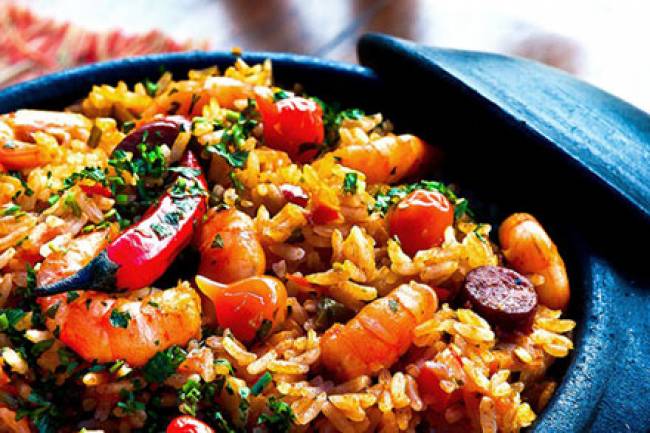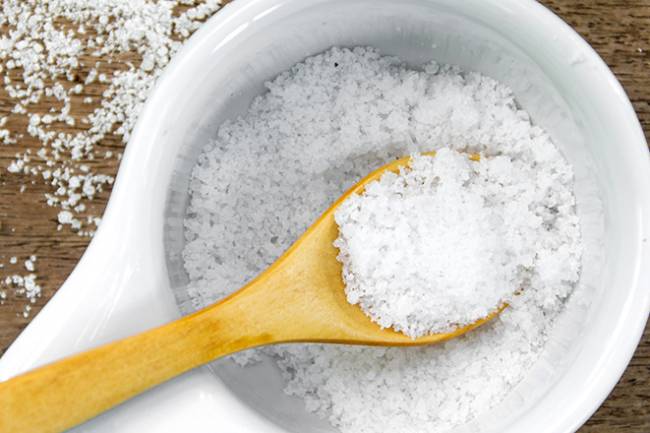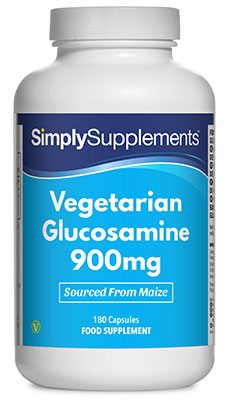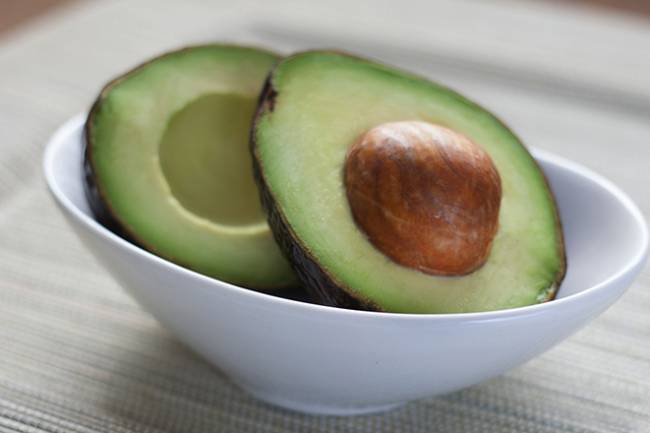Coeliac Diet Cheat Sheet
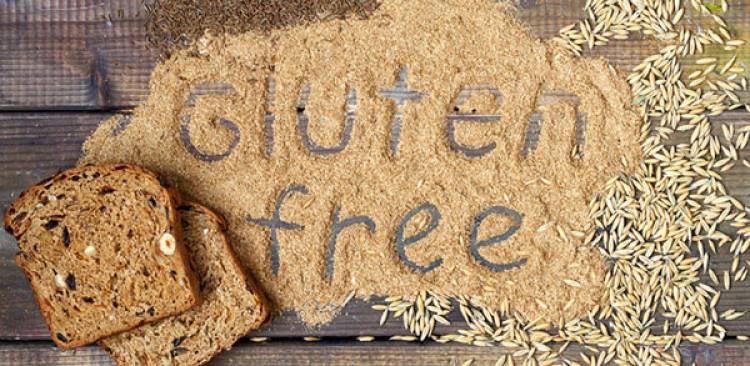
Coeliac disease is not actually a food allergy or intolerance, but a type of autoimmune disease which is triggered by the presence of gluten. Gluten is a type of protein which is naturally found in wheat, rye and barley and gives foods such as bread their elasticity and chewy texture. For those with coeliac disease, gluten triggers an immune response, leading to the production of antibodies and causing the body to attack its own cells. This leads to damage of the small intestine, which prevents normal digestion and absorption of nutrients from foods.
About 1% of the population is known to suffer from coeliac disease; however, it is thought that only around a quarter of those with the condition have been diagnosed. The only way to treat coeliac disease is by sticking to a strict gluten-free diet for life. It is important to follow the diet as if left untreated the malabsorption of nutrients can have serious consequences, such as nutrient deficiencies, osteoporosis, miscarriages, small bowel cancer and increased risk of other autoimmune diseases.
Tips for Following a Gluten-Free Diet
- Always remember to read the ingredient labels on all foods and ask the staff for this information when eating out. Gluten itself isn't always highlighted on the label, so get in the habit of also checking for wheat, barley and rye.
- Look out for gluten-free brands in the supermarket - you can get gluten-free bread, pasta, biscuits and cakes and the range is increasing, so there's no need to miss out on your favourites.
- Be aware of cross-contamination when preparing food or when eating out – even tiny amounts of gluten can trigger a reaction. Contamination can occur when using the same toaster for wheat bread and then gluten-free bread for instance, or if a restaurant uses the same batch of oil to fry all their food.
- Spend time in the kitchen and try out the range of gluten-free flours and other ingredients available to find some which you enjoy. Making your meals from scratch will also mean you know exactly what it contains.
- Don't forget about eating healthily. Adapting to a gluten-free diet can take time, but once you're more settled with it, it's important to also make sure your diet is balanced and healthy. Include plenty of naturally gluten-free foods, such as fruit, vegetables, dairy and grains such as rice or quinoa, and try not to rely on processed foods too much.
Our Coeliac Diet Cheat Sheet can help you to determine which foods can be included or avoided when following a gluten-free diet.
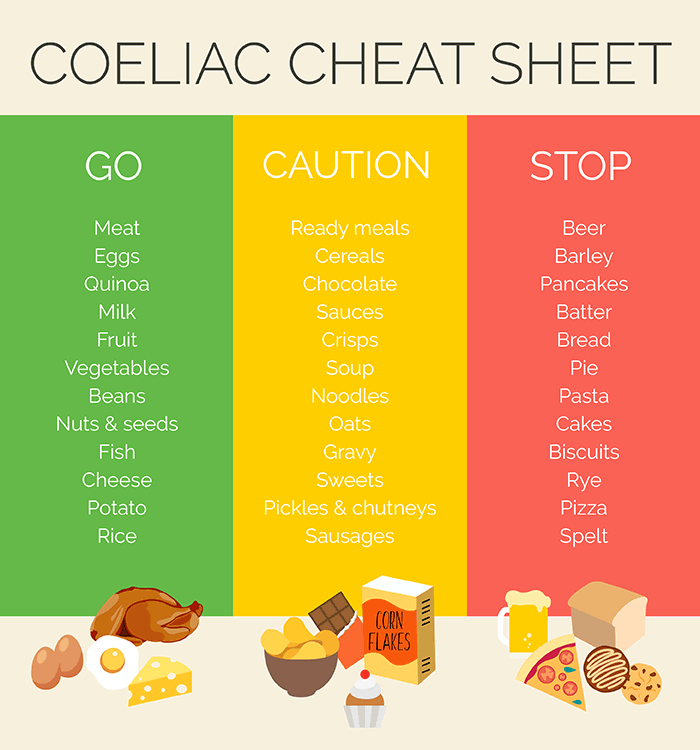

 Nicole
Nicole 